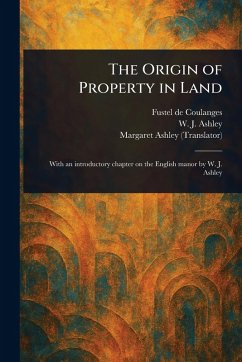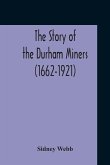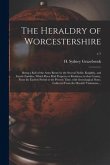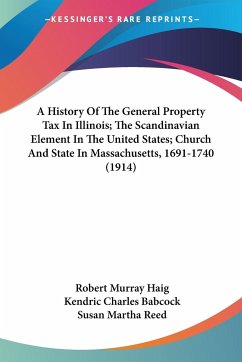Explore the historical foundations of land ownership with Fustel de Coulanges's "The Origin of Property in Land." This meticulously researched study delves into the development of property rights, examining the manorial system and its roots in feudalism. De Coulanges provides a comprehensive analysis of land ownership, offering insights into the social history surrounding its evolution. Focused on manors in Great Britain, this work explores the intricate relationship between land, power, and social structure. Readers interested in history, law, and the evolution of economic systems will find this book invaluable. Gain a deeper understanding of the historical context of land use and its lasting impact on society. "The Origin of Property in Land" remains a significant contribution to understanding the enduring legacy of land ownership. This work has been selected by scholars as being culturally important, and is part of the knowledge base of civilization as we know it. This work is in the public domain in the United States of America, and possibly other nations. Within the United States, you may freely copy and distribute this work, as no entity (individual or corporate) has a copyright on the body of the work. Scholars believe, and we concur, that this work is important enough to be preserved, reproduced, and made generally available to the public. We appreciate your support of the preservation process, and thank you for being an important part of keeping this knowledge alive and relevant.
Bitte wählen Sie Ihr Anliegen aus.
Rechnungen
Retourenschein anfordern
Bestellstatus
Storno







![The Egerton papers. A collection of public and private documents, chiefly illustrative of the times of Elizabeth and James I, from the original manuscripts [!], the property of the Right Hon. Lord Francis Egerton The Egerton papers. A collection of public and private documents, chiefly illustrative of the times of Elizabeth and James I, from the original manuscripts [!], the property of the Right Hon. Lord Francis Egerton](https://bilder.buecher.de/produkte/57/57391/57391238m.jpg)

